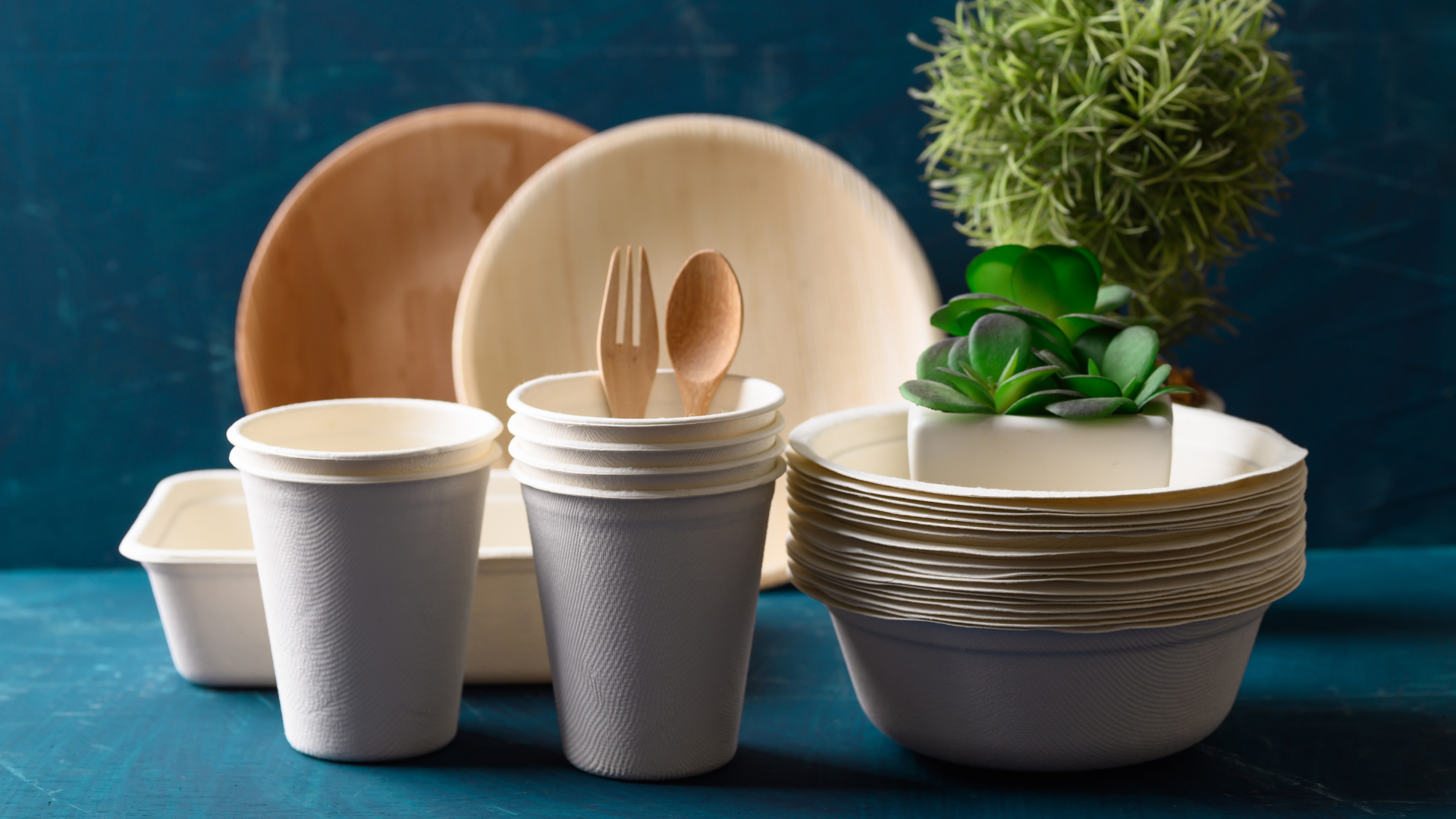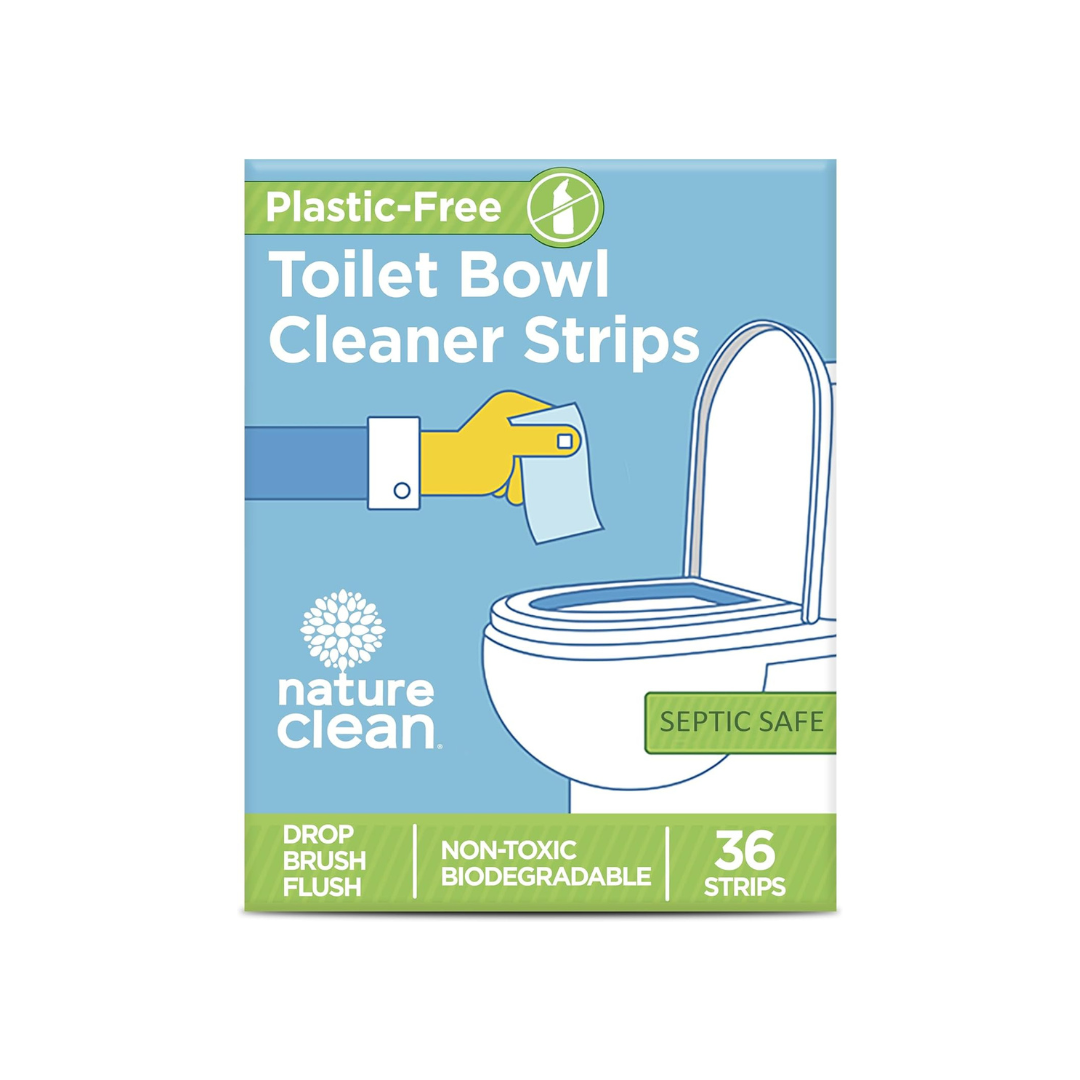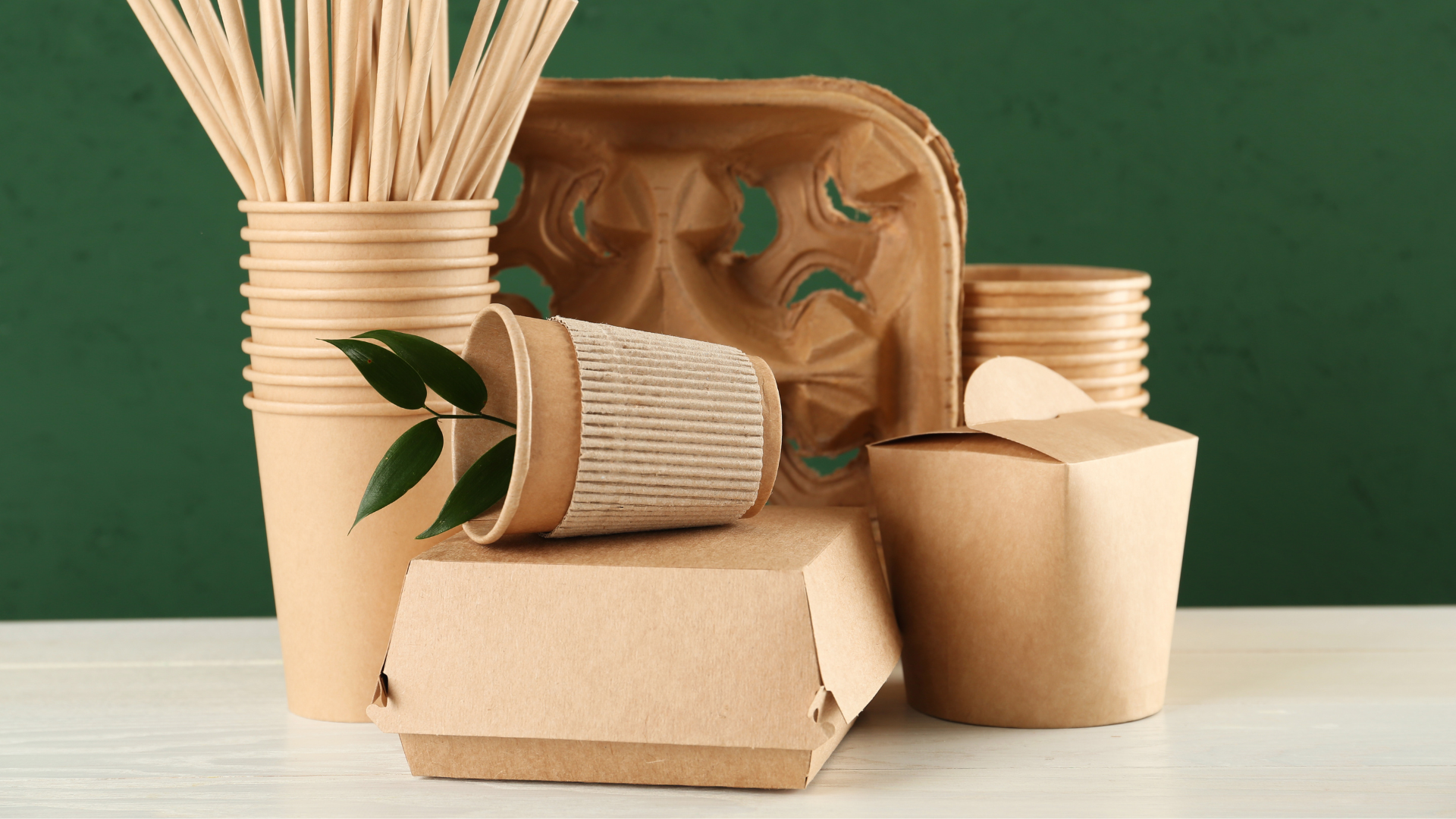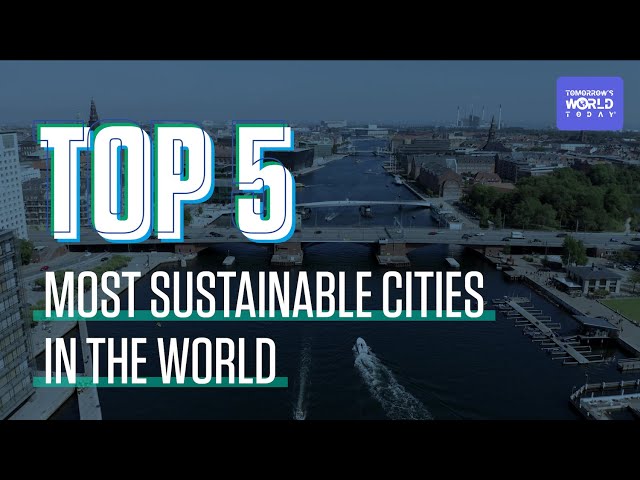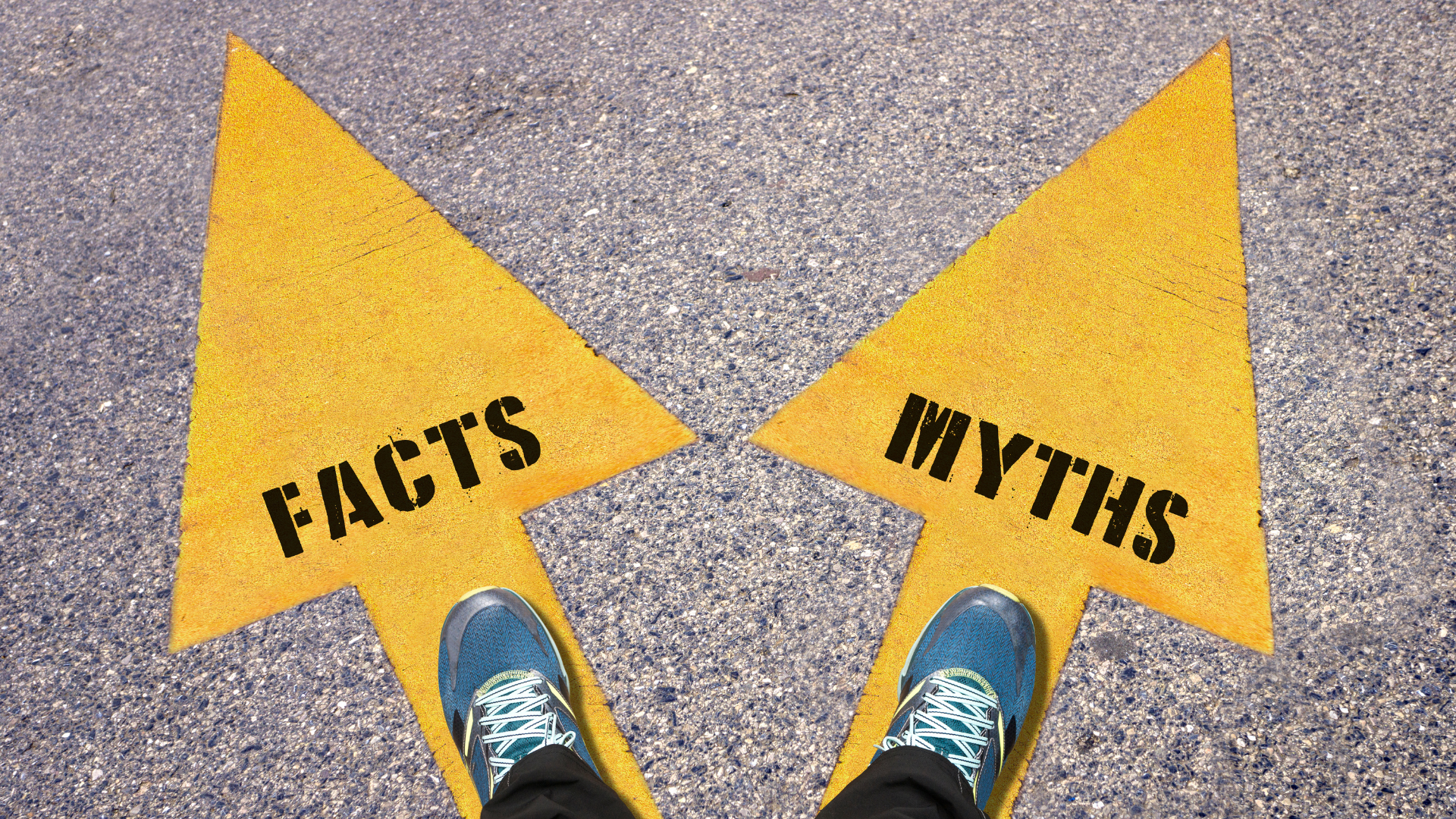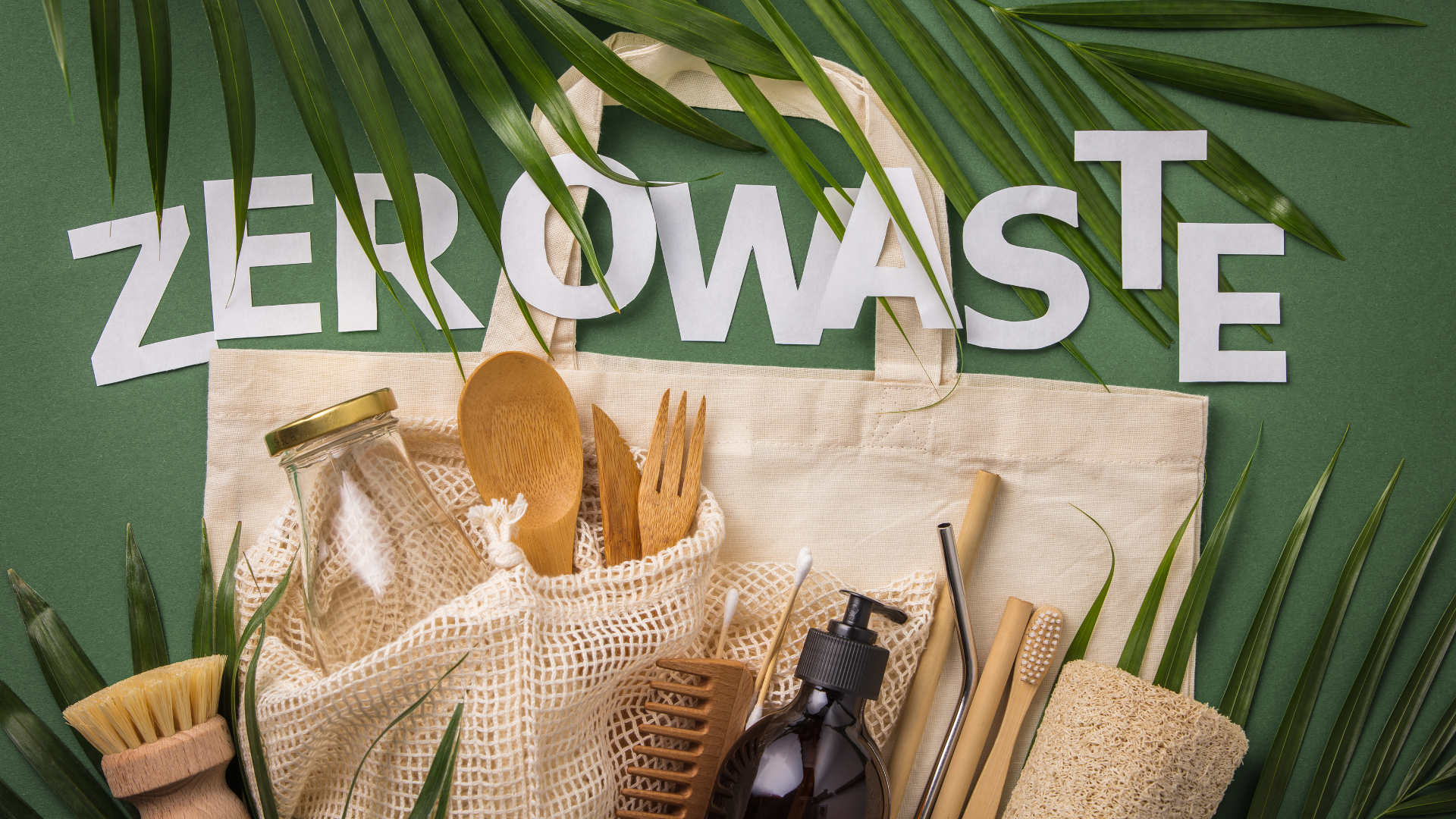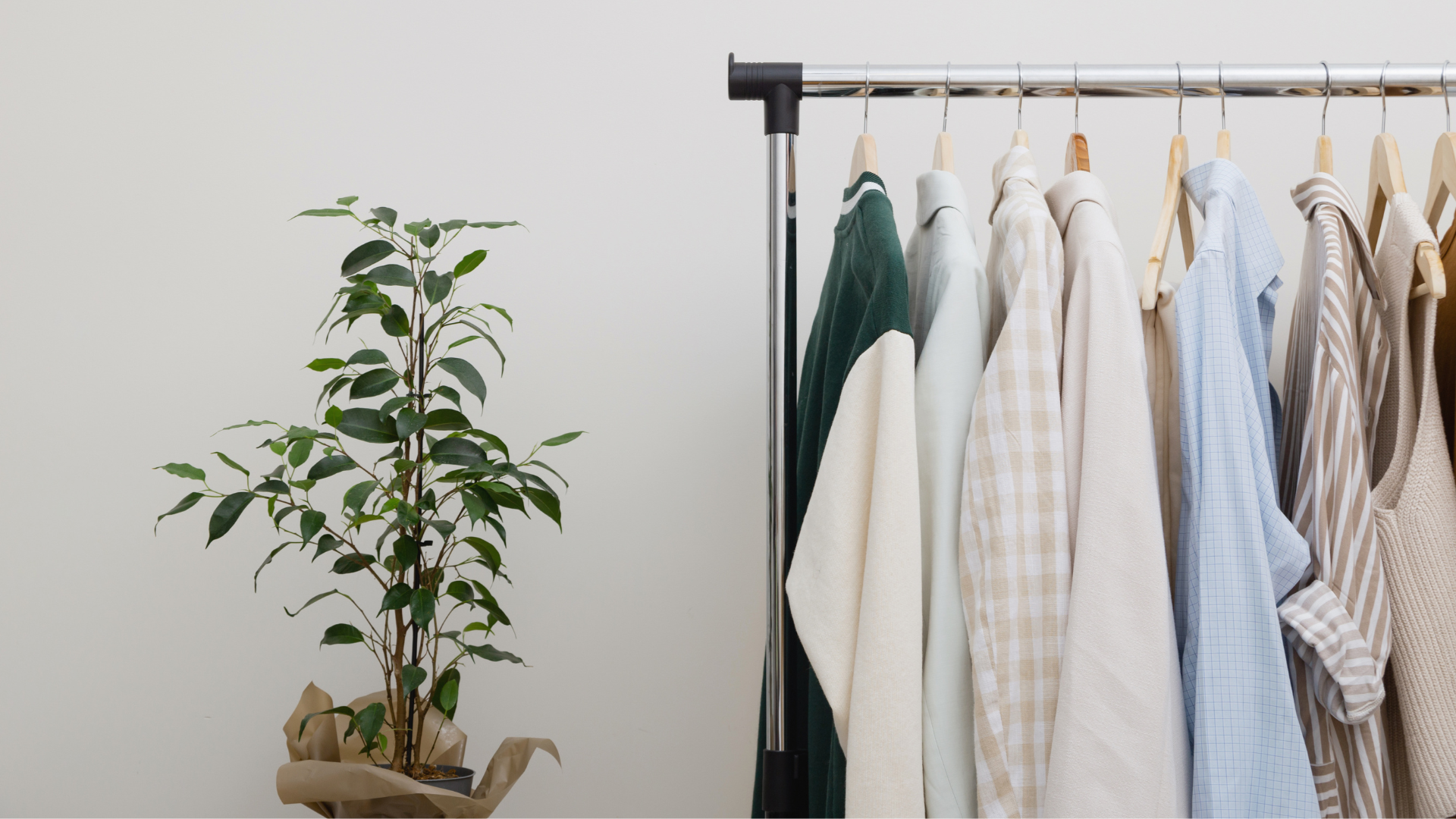In our journey towards a more sustainable future, understanding the nuances between biodegradable and compostable materials is crucial. As consumers, making informed choices can significantly impact our environment. This comprehensive guide will explore the distinctions, benefits, and applications of biodegradable versus compostable products.
Biodegradable vs Compostable: Defining the Terms
What Does Biodegradable Mean?
Biodegradable products are those that can be broken down naturally by microorganisms such as bacteria, fungi, or other biological processes. The key factor here is that these materials can decompose back into natural elements within a reasonable amount of time, depending on environmental conditions.
Understanding Compostable Materials
Compostable items, on the other hand, are biodegradable, but with a specific condition: they must break down in a compost environment. This means they require certain settings, such as specific levels of heat, moisture, and oxygen, to decompose effectively. Importantly, when they break down, they turn into humus, enriching the soil and supporting plant life without leaving toxic residue.
Exploring the Differences Between Biodegradable and Compostable
While all compostable materials are biodegradable, not all biodegradable materials are compostable. Biodegradable items can break down without any specific environmental conditions but might take longer and potentially leave behind metal residues or other pollutants. Compostable goods decompose within a specific period (usually 90 days) and are designed to be processed in industrial composting facilities.
The Role of Industrial Composting in Waste Management
Industrial composting facilities are crucial for processing compostable materials. These facilities maintain optimal conditions to ensure complete decomposition of compostable products, which is something that cannot be achieved in typical backyard compost settings.
Biodegradable vs Compostable: Environmental Impact
The environmental benefits of using biodegradable and compostable products are significant. They reduce landfill waste, decrease greenhouse gas emissions, and provide an eco-friendly alternative to traditional plastic products. However, the effectiveness of these products depends highly on proper disposal.
Choosing Between Biodegradable and Compostable
When deciding between biodegradable and compostable products, consider the disposal options available in your area. If you have access to a commercial composting facility, compostable products might be the better option. For those without this access, biodegradable products are still a preferable choice over traditional plastics.
FAQs about Biodegradable and Compostable Products
-
What is the difference between biodegradable and compostable?
-
Biodegradable products break down naturally with biological processes, while compostable items require specific conditions to decompose and enrich the soil.
-
-
Are biodegradable products better for the environment?
-
Biodegradable products are better for the environment than traditional plastics, but compostable products offer the most benefits by returning nutrients to the soil without any toxic residues.
-
-
Can I compost biodegradable products at home?
-
While some biodegradable products can be composted at home, they often require longer to decompose and may not break down effectively in home compost setups.
-
-
What should I look for when purchasing compostable products?
-
Look for products certified by reputable organizations like BPI (Biodegradable Products Institute) to ensure they meet strict compostability standards.
-
-
How can I dispose of compostable products if I don’t have access to industrial composting?
-
Contact local waste management authorities to find out if there are community composting programs or drop-off locations available.
-
Conclusion
Understanding the differences between biodegradable and compostable products is key to making environmentally responsible choices. By choosing the right products and disposing of them properly, we can significantly reduce our ecological footprint and contribute to a healthier planet.
Call to Action
Explore more about sustainable living and eco-friendly choices on our Sustainable Living blog or check out our range of eco-friendly products on Sustai Market. Join us in making a difference, one product at a time!


